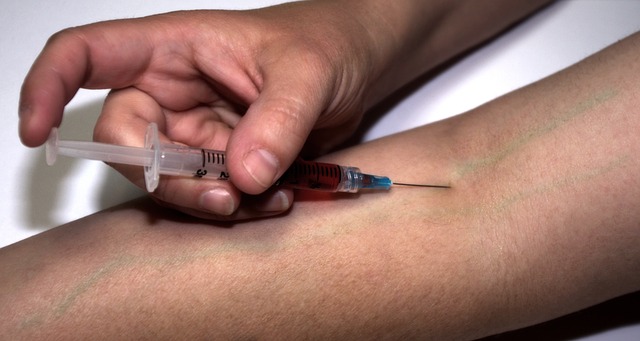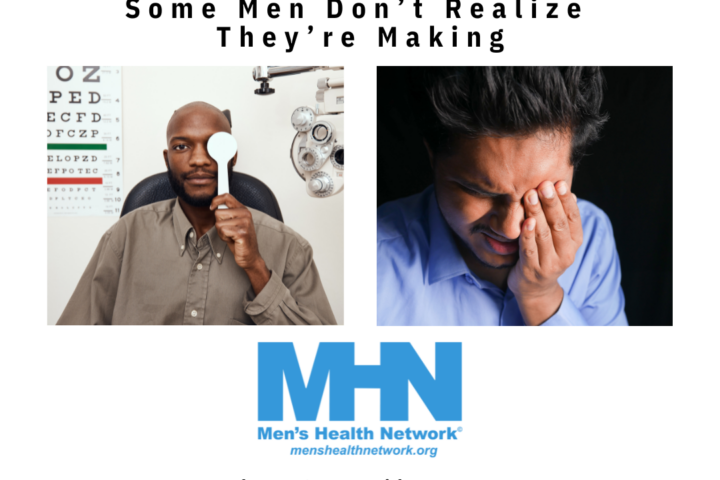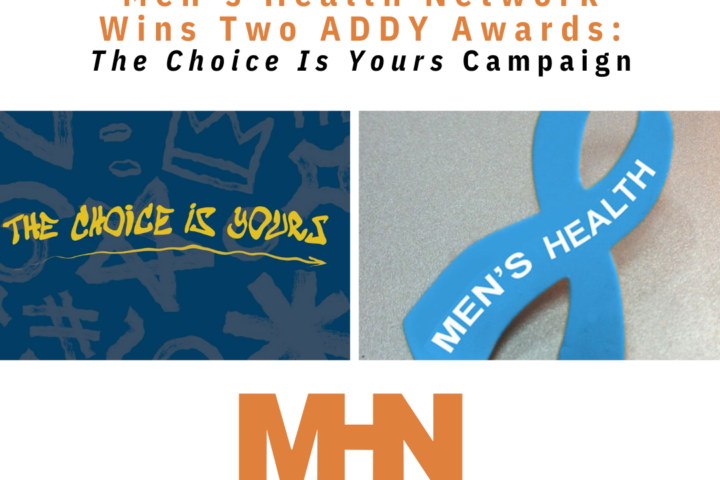Addiction is an equal opportunity destroyer. It is inconceivable that there is anyone in the world who has more than one degree of separation from someone with addiction issues.
There are no longer any neighborhoods where the discovery of drug trafficking should come as a surprise. There are no parents who should be shocked that one of their precious little angels are experimenting with drugs or alcohol. And it is almost certain that you have at least one friend or family member with addiction issues.
We no longer have the luxury of shock and denial when faced with the news of a loved onet act sooner because we didn’t have time to get real. You may lose a friend over this. But you have to risk starting a serious conversation with your friends about whether to treat the person as a moral failure for a physical or emotional problem.
We no longer have the luxury of shock and denial when faced with the news of a loved one’s addiction. We have to respond with more confidence and maturity. This is life. And it happens to all kinds of people. When the time comes for us to step up to the plate, we need to be ready.
More to the point, we need to be proactive. Waiting until the problem escalates is a form of denial. We didn’t act sooner because we didn’t think it could really happen to someone we cared about. But it can. And it probably is right now. If you have friends you suspect might have addiction issues, here are a few things you can do right now:
Educate Yourself
If you have a friend with an addiction problem, one of the first things you will want to look into is treatment options. Whether it is Los Angeles rehab, or something closer to home, you will want to know what facilities are available. And you will also want to research the following:
- Insurance options
- Affordable private pay options
- Available nighttime programs
- JCAHO accredited 12-step and non-12-step approaches
- Individualized treatment plans
It can be difficult to know the difference between addiction and questionable lifestyle choices. You should be careful not to set yourself up as a moral judge. The National Institute on Drug Abuse offers a helpful questionnaire that can help you identify addiction more accurately. Make sure you educate yourself about the problem and the treatment before advising your friend.
Start the Conversation
It’s time to get real. You may lose a friend over this. But you have to risk starting a serious conversation about your friend’s possible addiction. Thing is, if you do nothing and your friend does have an addiction problem, you are going to lose a friend anyway.
Unaddressed addictions destroy relationships. Your friend will be the last to know that they have a problem. So you are the one who will need to initially address it. Failure to do so is either cowardice or indifference.
This guide on talking to your kids about drugs and alcohol is useful for all kinds of relationships. The best of that advice focuses on the tone of the conversation. It absolutely cannot be judgmental. The moment a person starts to feel judged, they start to shut down.
An accusation implies that the other person is to blame for everything that has gone wrong. But the chain of causation is much longer than the link representing a single moment of bad judgment by one individual. If it takes a village to raise a child, it also takes a village to ruin one. There is a lot of blame to go around. Some of it may even be yours.
It Is Not a Moral Failing
According to the Surgeon General, addiction is a brain disorder, not a moral failing. This information should also make it easier to avoid the fatal judge mental tone when having that conversation.
This is a particular problem among religious organizations teaching that religion is a human failing. Giving into addiction is a matter of sin and weakness. It is important to note that not all religious organizations share this view.
A person in pain can easily become addicted to prescription drugs. The same is true for emotional pain. Addiction to drugs or alcohol is often the last stage of an even bigger problem. It is counterproductive and inaccurate to treat it as if it were a stand-alone moral failing.
Educate yourself. Start the conversation. And don’t treat the person as a moral failure for a physical or emotional problem.
Photo credit: pixabay.com




